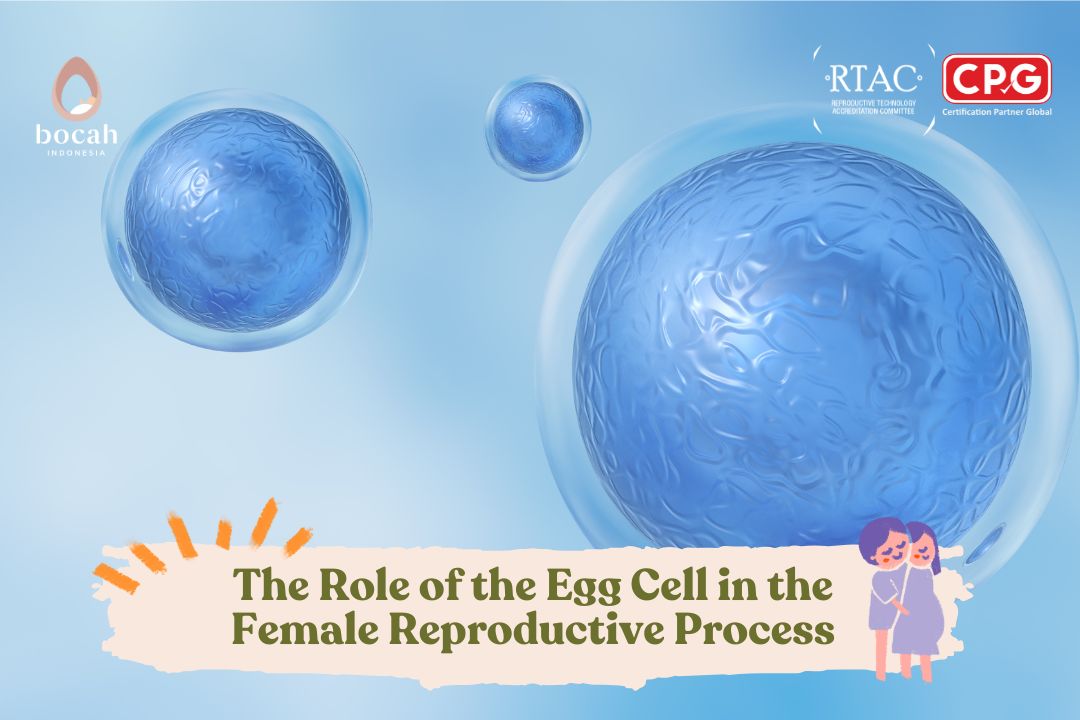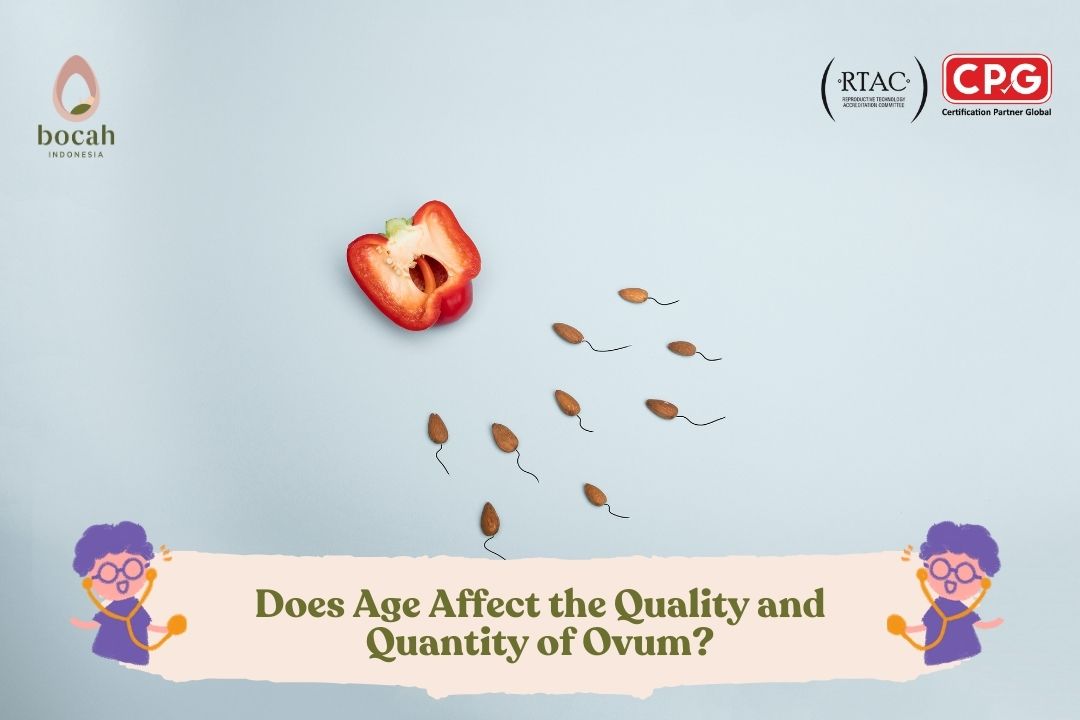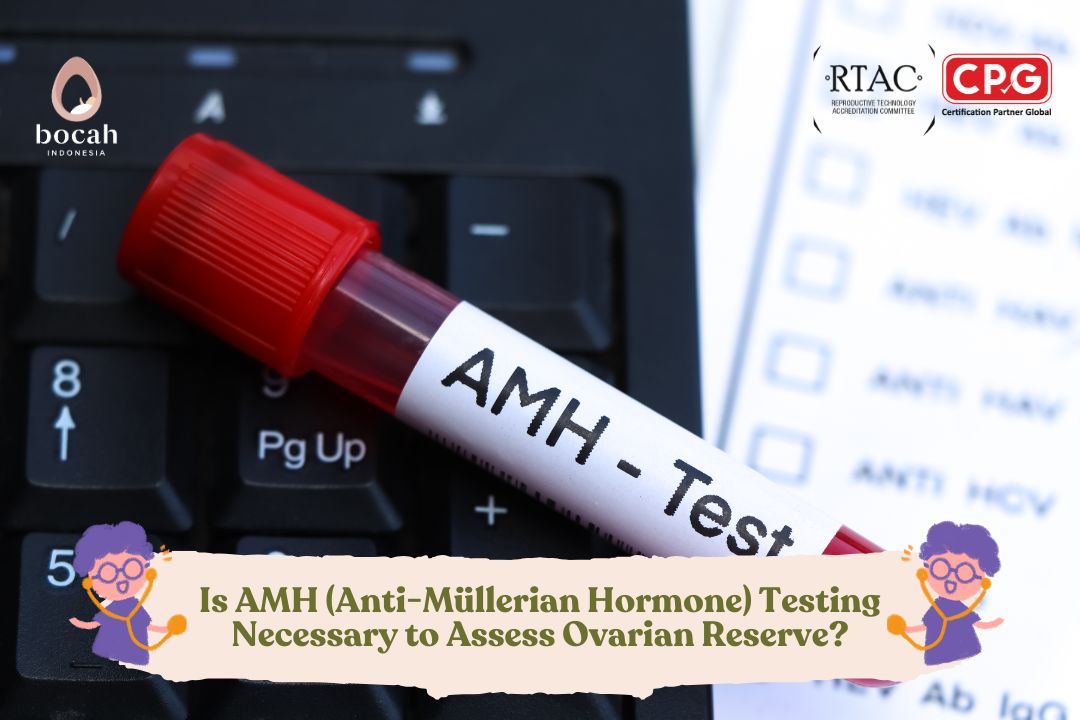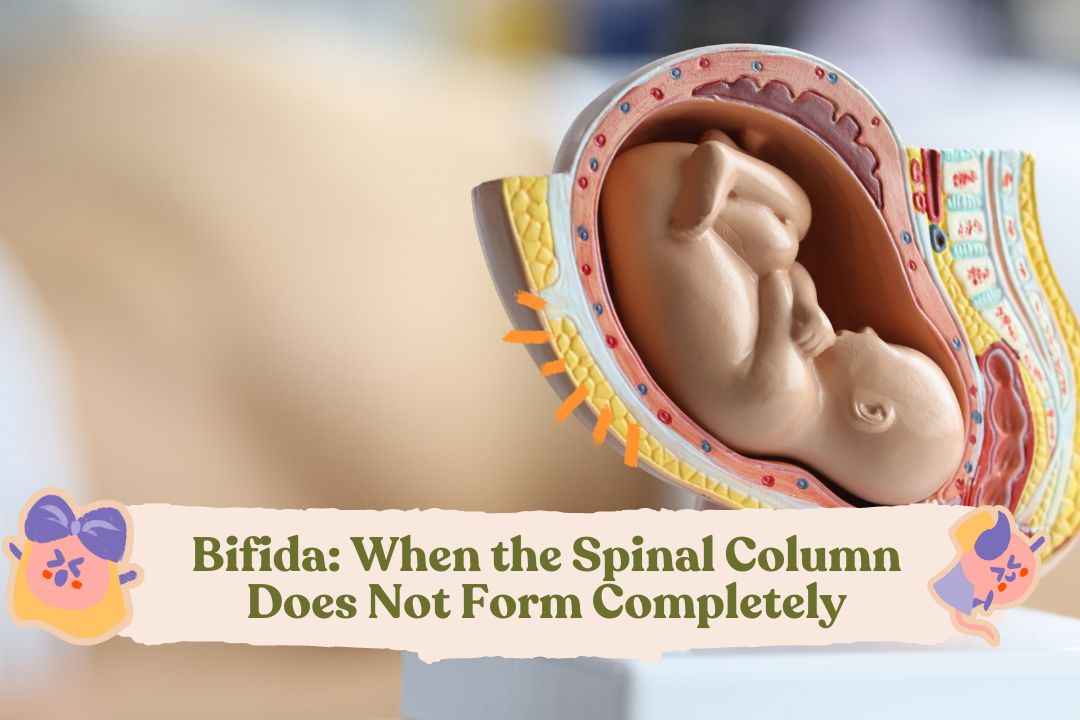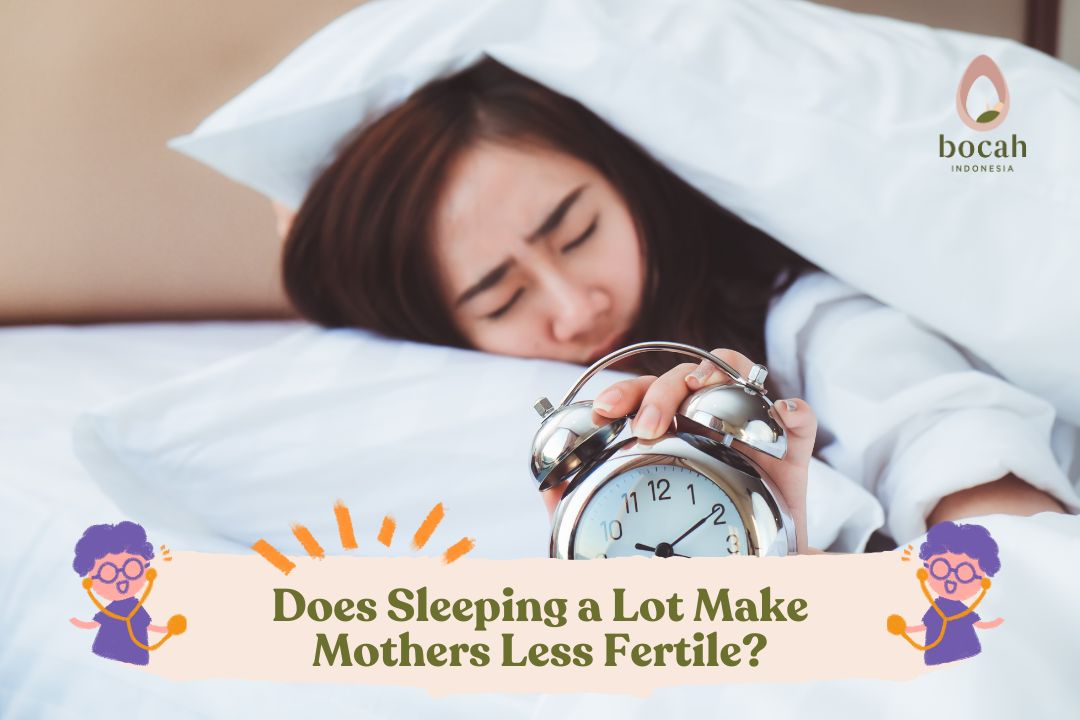Female Hormone Test: When Should It Be Done and What Does It Include?
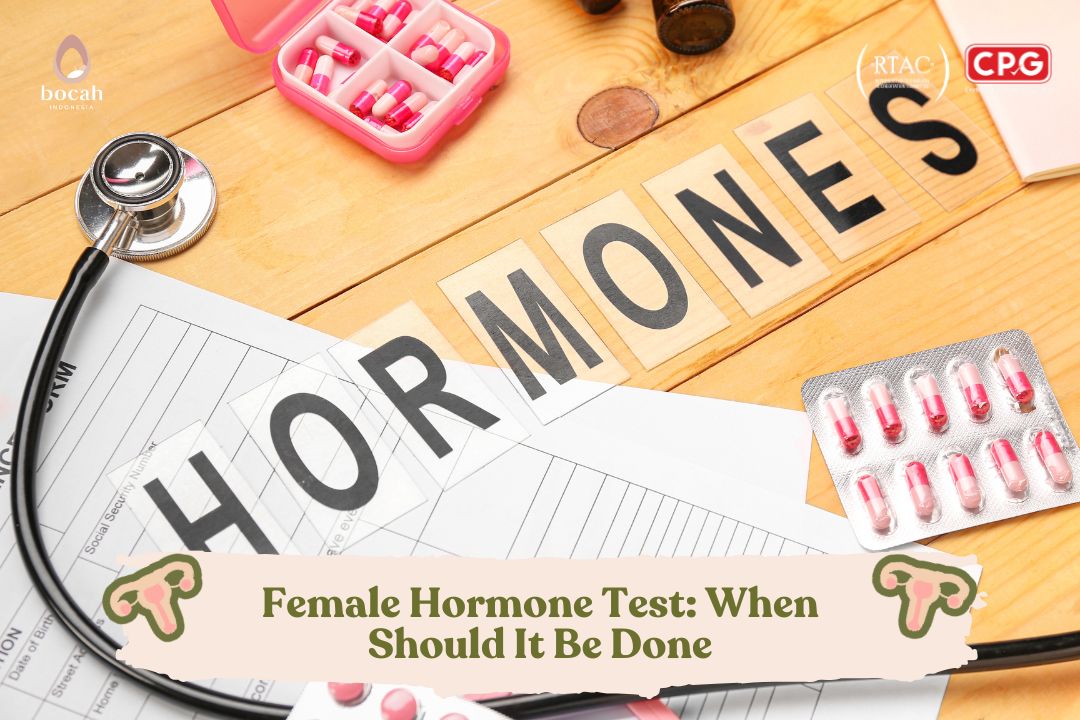
A female hormone test is an essential medical examination used to assess the balance of reproductive hormones and fertility potential.
According to the American Society for Reproductive Medicine (ASRM), hormone testing helps physicians evaluate ovarian function, egg reserve, and the body’s readiness for conception.
What Is a Female Hormone Test?
A female hormone test measures the levels of reproductive and metabolic hormones in the blood or urine to determine fertility status and reproductive health.
Hormonal imbalance may cause irregular menstruation, infertility, and metabolic disorders. Therefore, this test is recommended for women who:
-
Have difficulty conceiving after trying for 6–12 months,
-
Experience irregular menstrual cycles,
Tanya Mincah tentang Promil?
-
Show symptoms such as fatigue, significant weight changes, acne, or mood swings.
Key Point: Hormone testing helps detect reproductive disorders early and serves as a foundation for determining the right fertility treatment plan.
When Is the Best Time to Take a Hormone Test?
The timing of blood sample collection is crucial to ensure accuracy. The table below summarizes the ideal timing for various hormone tests according to the menstrual cycle:
| Hormone Type | Purpose of Testing | Ideal Timing |
|---|---|---|
| FSH, LH, Estradiol (Estrogen) | Evaluates ovarian function and menstrual cycle regulation. | Day 2–3 of the menstrual cycle. |
| Progesterone | Determines whether ovulation has occurred properly. | Day 21 of the menstrual cycle. |
| AMH (Anti-Müllerian Hormone) | Measures egg reserve (ovarian reserve). | Can be done at any time. |
| TSH, Prolactin, Testosterone | Detects thyroid or other hormonal disorders. | Any time, especially in irregular cycles. |
Note: These tests should be performed under the supervision of an obstetrician-gynecologist (Ob/Gyn) or a fertility subspecialist (Reproductive Endocrinology and Infertility) to ensure proper interpretation.
Which Hormones Are Tested and What Are Their Functions?
Below are the main hormones typically evaluated in female fertility testing, along with their specific reproductive functions:
1. Estradiol (E2) / Estrogen
-
Regulates the menstrual cycle, follicle development, and reproductive tissue health.
-
Low levels may cause hot flashes, vaginal dryness, or signs of early menopause.
-
High levels may indicate Polycystic Ovary Syndrome (PCOS) or uterine fibroids.
2. FSH (Follicle-Stimulating Hormone)
-
Stimulates follicle growth and estrogen production.
-
High FSH levels indicate declining ovarian function or perimenopause.
3. LH (Luteinizing Hormone)
-
Triggers ovulation (egg release).
-
Excessively high LH levels may indicate ovulatory dysfunction or PCOS.
4. Progesterone
-
Produced after ovulation to prepare the uterus for embryo implantation.
-
Low progesterone levels can cause implantation failure or early miscarriage.
5. AMH (Anti-Müllerian Hormone)
-
Reflects the number of remaining eggs (ovarian reserve).
-
AMH testing can be performed at any time since it is not cycle-dependent.
-
Low AMH = diminished ovarian reserve; high AMH = possible PCOS.
6. Thyroid Hormones (TSH, T3, T4)
-
Regulate metabolism and body energy balance.
-
Thyroid dysfunction may impair ovulation and cause menstrual irregularities.
7. Prolactin
-
Normally elevated during breastfeeding. When abnormally high outside lactation, it may suppress ovulation and menstruation.
8. Testosterone and DHEA
-
Produced in small amounts in women; influence libido, muscle strength, and bone health.
-
High levels may lead to acne, hirsutism (excess hair growth), or PCOS.
What Are the Benefits of a Female Hormone Test?
The female hormone test provides both diagnostic and therapeutic value, helping doctors design individualized fertility care. Its benefits include:
-
Identifying causes of infertility.
-
Improving conception success rates by optimizing hormonal balance through appropriate therapy.
-
Early detection of hormonal disorders such as PCOS, thyroid disease, or early menopause.
-
Personalized treatment planning, tailored to each woman’s hormonal profile.
Quick Summary: A female hormone test gives a comprehensive overview of reproductive readiness and serves as the foundation for effective fertility treatment.
What Additional Examinations Support Hormone Testing?
For a complete and accurate diagnosis, hormone testing is often combined with other reproductive and general health assessments, including:
| Additional Examination | Clinical Purpose |
|---|---|
| General Blood Tests (HbA1c, Vitamin D, TSH) | Evaluate metabolic and nutritional status influencing fertility. |
| Infectious Disease Screening (HIV, Hepatitis B/C, Syphilis) | Rule out medical causes that may affect conception. |
| Transvaginal Ultrasound | Assess uterine, ovarian, and follicular structures. |
| Hysterosalpingography (HSG) | Detect blockages or abnormalities in the fallopian tubes. |
| Pap smear and Hysteroscopy | Examine cervical cell abnormalities and uterine lining conditions. |
| Blood Type & Rh Factor Testing | Prevent pregnancy complications due to Rh incompatibility. |
When Should You See a Doctor?
Consult an obstetrician-gynecologist immediately if you experience:
-
Irregular menstruation lasting more than three months,
-
Age over 35 and not conceiving after six months of trying,
-
Severe hormonal symptoms such as persistent acne, excessive hair growth, or sudden weight gain.
Your doctor will analyze your hormone test results and create a personalized fertility plan, which may include hormone therapy or other medical interventions based on your specific condition.
Conclusion: Understanding Hormonal Balance for Optimal Fertility
A female hormone test is not merely a medical step it is the key to understanding reproductive health.
With timely examination and professional interpretation, doctors can identify the root causes of infertility and help you enhance your chances of conception safely and effectively.
Source:
- Punchoo, R., & Bhoora, S. (2021). Variation in the Measurement of Anti-Müllerian Hormone – What Are the Laboratory Issues? Frontiers in Endocrinology, 12, pp. 1–9.
- Rudnicka, E., et al. (2021). Anti-Müllerian Hormone in Pathogenesis, Diagnostic and Treatment of PCOS. International Journal of Molecular Sciences, 22(22), pp. 1–12.
- Hurd, R. National Institute of Health (2024). U.S. Department of Health and Human Services MedlinePlus. TSH test.
- Services MedlinePlus. (2023). Luteinizing hormone (LH) blood test.
- Wisner, W. Verywell Family (2024). Navigating the Impact of Infertility on Relationships


